The content of the article
- 1 Hypericum Composition
- 2 When is it relevant to use St. John's wort
- 3 St. John's wort in dermatology and cosmetology
- 4 What are the therapeutic properties of the plant?
- 5 Classical medicine: field of application
- 6 Traditional medicine: field of application
- 7 How is grass used?
- 8 Are there any contraindications for use?
- 9 Contraindications
- 10 St. John's wort during pregnancy: benefit or harm
- 11 Can St. John's wort be used to treat children?
- 12 Video: useful properties and application of St. John's wort
One of the most common medicinal plants is St. John's wort. It begins to bloom in June-August - small yellow flowers appear. The grass itself can reach 70 cm in height. St. John's wort is collected, as a rule, at the very beginning of flowering - since it is in this period in the grass that the content of nutrients reaches a peak.
Thanks to this healing herb, you can cure a lot of various diseases:
- ARVI;
- gastrointestinal diseases;
- inflammatory processes in the oral cavity;
- depressive states and neurosises.
Also, with the use of St. John's wort, dermatological ailments are treated - starting with light burns and ending with ulcerative lesions of the epidermis. Let us consider in detail the medicinal properties of St. John's wort, how to use the herb, in what forms of release it occurs and other interesting information about the medicinal plant.
Hypericum Composition
So, we will consider, due to which substances St. John's wort becomes a reliable assistant in the treatment of many diseases:
- Geraniol - has a beneficial effect on the nervous system, helps to destroy parasites, is effective in the treatment of staphylococcus, as well as Escherichia coli.
- Mirzen - has the ability to inhibit the growth of Pseudomonas aeruginosa as well as Escherichia coli.
- Cineol is a substance due to which it is possible to establish the work of the nervous system: improve sleep, relieve tension, increase overall tone.
- St. John's wort alkaloids - with complex therapy can eliminate stressful conditions, depression, neurosis.
- Hypericin - this unique substance has the property of contributing to the destruction of old cells, while provoking the formation of new ones.
- Azulen - has a healing and calming effect.
- Saponins - prevent the development of atherosclerosis, have a mild laxative and diuretic effect.
- Hyperoside - perfectly fights against edema, also eliminates the inflammatory process, and helps to reduce the tone of smooth muscles.
- Rutin is a substance that strengthens blood vessels.
- Vitamins C and P - they have the property of preventing the onset of cancer, strengthen immunity.
- B vitamins - have beneficial effects on the cardiovascular system.
If we talk about St. John's wort in general, then this herb has the following effects on the body:
- eliminates depression;
- promotes tissue regeneration;
- has a pronounced choleretic effect;
- helps to remove excess fluid from the body;
- has an analgesic effect;
- is an anthelmintic;
- able to get rid of alcohol addiction;
- excellent antiseptic.
When is it relevant to use St. John's wort
Indications for use are the following conditions:
- diseases of the cardiovascular system;
- rheumatism, arthritis, arthrosis;
- muscle pain or joint pain;
- infectious, viral diseases;
- diseases of the gastrointestinal tract, in particular, the stomach and liver;
- diseases of the genitourinary sphere;
- hemorrhoidal nodes;
- depression, neurosis;
- problems with the skin - acne, acne;
- age-related changes in the form of wrinkles, loss of skin turgor;
- seborrheic dermatitis;
- cracks in the skin;
- alopecia (baldness).
Consider all the items in detail.
St. John's wort in dermatology and cosmetology
As mentioned above, the medicinal plant has proven itself very successfully in the beauty industry. This is due to the fact that St. John's wort perfectly fights age-related skin changes - such as nasolabial wrinkles, crow's feet in the eyes, and loss of facial turgor. The grass is also used in the fight against seborrhea, to eliminate acne and comedones.
You can use St. John's wort in the following cases:
- very oily or excessively dry skin;
- dandruff caused by seborrhea;
- withering of the skin of the face;
- cracks in the heels;
- baldness - helps prevent hair loss;
- pustular lesions of the skin.
Before use, it is necessary to consult a doctor - in order to know for sure whether you have an individual intolerance to the medicinal herb.
What are the therapeutic properties of the plant?
Many call St. John's wort grass from 99 diseases - and this is true. Thanks to decoctions, tinctures, you can get rid of almost any disease, provided that you use the mixture regularly. It is possible to make tinctures both independently and to get in a drugstore.
Classical medicine: field of application
In official medicine, both the dried grass itself and the various preparations in which it is used are used.
A medicinal plant is relevant for use in the following diseases:
- Gastrointestinal diseases. These include diarrhea, biliary dyskinesia, bloating, liver disease, etc.
- Diseases of the oral cavity, such as stomatitis, inflammation and bleeding of the gums, tonsillitis.
- Disorders of the nervous system. Assign St. John's wort with insomnia, anxiety, neurosis, with depression accompanied by depression.
- Skin diseases. There are special preparations, which contain St. John's wort. They are used for purulent or infected wounds, burns, abscesses. It is noteworthy that even Staphylococcus aureus can be cured with St. John's wort - despite the fact that the infection is resistant even to penicillin preparations.
Due to the fact that the medicinal herb contains special essential oils, intestinal motility can be normalized, and flatulence can be eliminated. Thanks to the essential oils, a choleretic effect is achieved.
Numerous clinical studies have been conducted that have shown that with regular use of St. John's wort decoction, depression can be eliminated. It is noteworthy that you can achieve an even more pronounced effect than when taking light antidepressants. In this case, the harmful effects on the liver and other organs will be much lower. The preparations, which contain St. John's wort, eliminate anxious thoughts, contribute to the normalization of the general emotional state, and also improve mood.
Traditional medicine: field of application
Important: positive dynamics during therapy can be achieved only if a person knows his diagnosis exactly, he knows the treatment methodology and is sure that he has no contraindications to the use of hypericum. If the case is neglected, or there are concomitant ailments, in such cases, alternative methods of therapy should be combined with traditional medicine, and the technique must be approved by the doctor.
Traditional healers recommend the use of St. John's wort for such diseases:
- heartburn, accompanied by flatulence;
- gastritis with low or high acidity;
- heart rhythm disturbances - tachycardia or arrhythmia;
- burn lesions of the skin;
- various viral and infectious diseases;
- diseases of the central nervous system, primarily depression;
- sinusitis;
- alcoholism and other addictions.
How is grass used?
You can meet St. John's wort in the following forms:
- alcohol tincture;
- tincture on the water;
- decoction;
- tea with healing properties;
- ointment.
Very popular are the means, which include not only St. John's wort, but also other medicinal plants. As a result, we get the synergy effect - herbs repeatedly enhance each other's action, which allows you to recover much faster.
You can make a healing broth or tincture at home - it will not be difficult, and the method of manufacture is indicated on any package. You can buy St. John's wort in bulk or in filter bags. Experts say that taking a medicinal plant in bulk is much more convenient, since the bags are designed to make healing tea. If you know exactly what St. John's wort looks like - you can also assemble it yourself without problems, the plant often lives in the wild. However, it must be remembered that grass should be collected away from highways, factories - there plants are saturated with harmful substances, therefore, the decoction of them will no longer be so healing.
Harvesting occurs when the plant begins to bloom. You need to cut the grass as close to the ground as possible. Next - you need to dry St. John's wort. To do this, it is divided into bunches, and hung down with its tops. The best option is to dry the plant under a canopy - this is due to the fact that it is necessary to avoid exposure to sunlight.
Are there any contraindications for use?
You can not use St. John's wort constantly, since this can cause the appearance of allergic reactions in the form of urticaria, and in men in some cases - impotence. Women should remember that treatment with St. John's wort can significantly reduce the effect of contraceptives, which is fraught with unwanted pregnancy.
In large quantities, the medicinal herb should also not be taken, since this can cause the following negative consequences:
- Strong headache;
- nausea;
- vomiting
Due to the fact that St. John's wort is negatively combined with antibiotics, do not take tinctures and decoctions if a person has a high temperature.
During pregnancy, treatment is not prescribed with St. John's wort, as this can provoke a miscarriage even in a healthy woman. Also, you do not need to use this medicinal plant if a person has high blood pressure.
When therapy with St. John's wort, the following precautions must be observed:
- Do not drink strong coffee, as well as alcoholic beverages.
- In order to achieve a pronounced therapeutic effect, it is advisable to eat healthy food, and forget the smoked meats, sweets, pickles for a while.
- Do not take St. John's wort if the doctor has already prescribed antidepressants. St. John's wort itself is such, therefore, with therapy, you can come to negative consequences. Many patients noted confusion, anxiety, anxiety, etc.
- Tea with the addition of St. John's wort is actively used in diseases such as gastritis, ulcers, cholelithiasis, etc. But it is worth remembering that everything should have its own measure - with excessive use of St. John's wort, cramps in the stomach can occur, as well as bloating.
- With anesthetics, St. John's wort should be used exclusively as directed by a doctor, with caution. This is due to the fact that the grass can change the effect of drugs - it will either disappear or last longer.
- With prolonged treatment, constipation, bitterness in the mouth, as well as loss of appetite are possible.
Contraindications
Consider in what cases it is better to refuse treatment with St. John's wort:
- cirrhosis of the liver;
- nephritis;
- when using drugs that affect blood coagulability;
- if you plan to sunbathe - the grass increases sensitivity to ultraviolet rays.
St. John's wort during pregnancy: benefit or harm
We all know very well that women in a position are forced to abandon medicines - due to the fact that they can cause significant harm to the fetus. That is why many future mothers turn to medicinal herbs - as you know, most of them are not dangerous, they do not cause allergic reactions.
However, even at first glance, safe herbs can be fatal to a pregnant woman. It is to such a group of funds that St. John's wort belongs. Of course, this plant has a lot of positive qualities - it fights many diseases, acts as a prophylactic, it can be used in complex therapy. St. John's wort copes with depression, diseases of the stomach and biliary tract.
The grass contains a special substance called hyperin. It is this that helps to eliminate depression and increase mood. Nicotinic acid allows you to establish metabolic processes, is responsible for the digestibility of the protein. Thanks to St. John's wort, it is also possible to strengthen the walls of blood vessels. It seemed - one good for a pregnant woman, what is the catch?
The fact is that a medicinal plant has the ability to increase blood pressure - this is harmful for a future mother. But this factor is far from the main one - the grass causes uterine contractions, which may well provoke a miscarriage, or cause irreparable damage to the health of the unborn baby. Therefore, if there is a desire to take the child calmly and without unnecessary problems, it is better to refuse therapy with St. John's wort, or take the herb strictly as prescribed by the doctor, in no case exceeding the dosage.
Can St. John's wort be used to treat children?
As we already managed to make sure, this herb is quite useful and effective, however, not every person costs treatment with St. John's wort. Among the main contraindications are high blood pressure, as well as the period of pregnancy. From here a quite adequate question is brewing - is it possible to treat young children with the use of decoctions and tinctures from St. John's wort?
All doctors claim that it is possible to carry out therapy, but this must be done very carefully, in no case exceeding the prescribed dosage. The best option is to talk to the doctor in advance, perhaps he will prescribe a complex of herbs, due to which the concentration of St. John's wort will be reduced.
For children, it is useful to take St. John's wort during the harvest season - when a large number of vegetables and fruits are present. It was at this time that, thanks to weak decoctions, it would be possible to avoid problems with the stomach - in children they often arise as a result of fiber abuse. Be sure to make sure that the baby is not allergic to herbal medicine. Also, do not forget about consulting a doctor.
Of course, St. John's wort is a medicinal plant, thanks to which you can get rid of many diseases. But it is worth remembering that everywhere you need to know the measure, and be careful - even if you use natural herbs for treatment. You can not take a decoction for people with hypertension, pregnant women, children, St. John's wort is prescribed with caution. Even if you are sure that there are no contraindications, before you start therapy, you need to consult a doctor and make sure that you have no individual intolerance to the medicinal plant.
Video: useful properties and application of St. John's wort

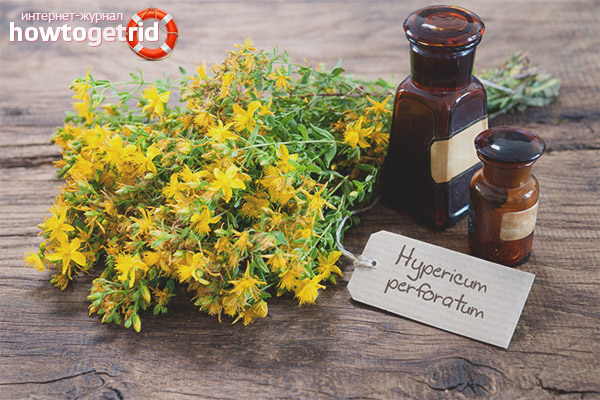
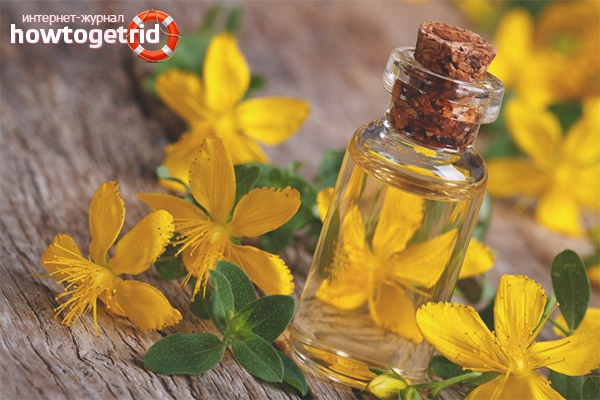
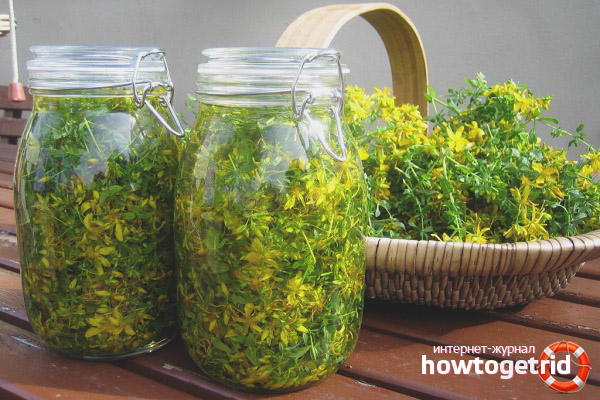
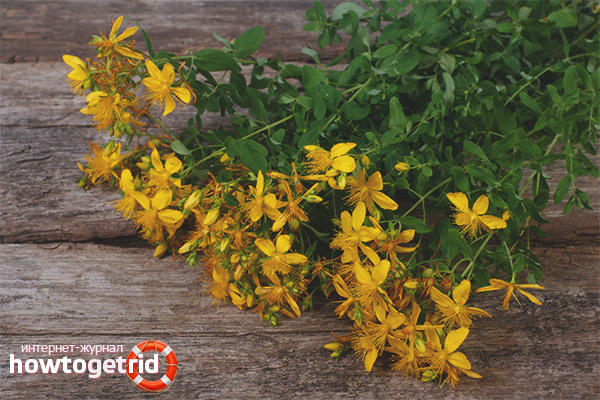
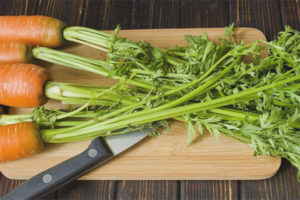
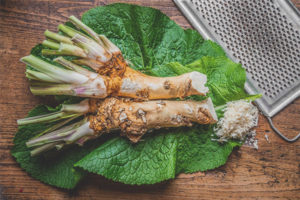
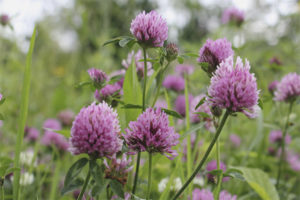
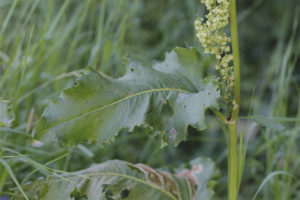
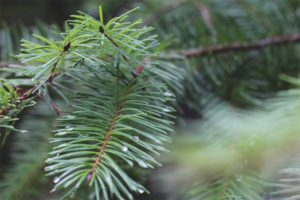
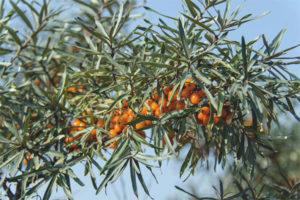
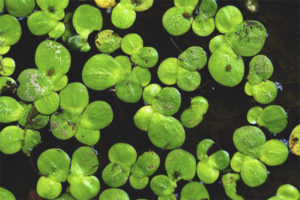
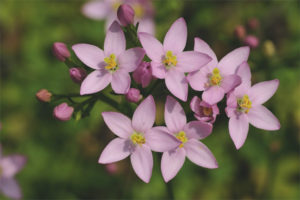
Submit